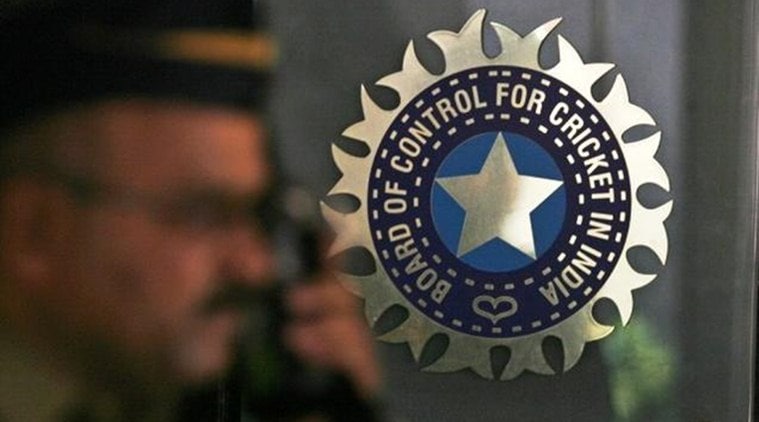 Much water has flowed under the bridge since the July 18, 2016 order.
Much water has flowed under the bridge since the July 18, 2016 order.
Twenty-two months into the original Supreme Court order that had accepted the majority of the Lodha Committee recommendations, the BCCI continues to be defiant in adopting the reforms in toto and another hearing in the matter is scheduled on Friday. An East Zone cricket unit member duly revealed his frustration. “The BCCI must start functioning normally for the best interest of the Indian cricket,” he said on condition of anonymity.
Much water has flowed under the bridge since the July 18, 2016 order. The court has removed Anurag Thakur and Ajay Shirke as the BCCI president and secretary respectively for non-compliance. The cricket board’s grant to the state associations has been withheld until the members fall in line. The Committee of Administrators (CoA) now helms the Indian cricket and it has filed eight status reports before the court. But the board members are still far from reaching a consensus on the ‘impracticable’ clauses in the Lodha reforms.
This paper earlier reported that 13 state associations – Mumbai, Maharashtra, Kerala, Andhra, Goa, Vidarbha, Railways, Uttar Pradesh, Rajasthan, Universities, Jharkhand, Assam and Tripura – have reached an agreement over implementing the Lodha reforms barring four clauses – one state, one vote, provision of cooling off after a term (three terms maximum), constitution of the Apex Council and distribution of functions, powers and responsibilities between the elected office-bearers and the professional appointees.
On Thursday, the BCCI acting secretary, Amitabh Choudhary, reiterated the four points. He spoke about 12 Full Members being in favour of the reforms and excluded Maharashtra because of the recent legal issues in the state association.
“I made an initiative to get in touch with state associations to work further. As many as 12 Full Members have come around to that view. Their agreement to the subject is in writing. They have also said in their letter of agreement that the matter may finally be brought to the notice of the Supreme Court. On May 1, the court itself directed any further suggestions be handed over to amicus curiae. I made sure my suggestions reached the amicus curiae,” Choudhary said today. In fact, back in February the acting secretary had written to all member units of the BCCI, saying: “All concerned shall implement the recommendations of the Justice Lodha Committee Report as far as practicable…”
In a field of 31 (37 including the North Eastern states), however, 12 or 13 do not a three-fourths make, required to amend the constitution as per the Societies Registration Act. And already state bodies like Saurashtra, Himachal Pradesh and a few others have opposed to the clauses like nine-year term for the office-bearers, 70-year age cap and restrictions on the government servants and ministers with regard to holding offices in cricket administration.
“At this point of time the matter is with the Hon’ble Supreme Court, so it’s not about trying to count the numbers at this stage. It may prove to be detrimental to the interest of the BCCI. We have complete faith in the system. It’s not for any personal benefit that one is talking about those difficulties. Those difficulties are there, which have been evident for the last one-year-and-a-half, as the BCCI apparently has lost clout and money at the ICC level,” a senior cricket board member told The Indian Express.
During the last hearing on May 1, the apex court had asked the BCCI office-bearers and state associations to give fresh suggestions to the draft constitution prepared by the CoA. The court hinted that it might be considerate towards the one state, one vote clause, along with three national selectors vis-à-vis five. At the same time, the court categorically mentioned that the draft constitution approved by it “shall not be debated upon and shall stand finalized, only subject to the determination made in the application(s) for recall of the primary judgement, before this Court”.
Meanwhile, Choudhary explained the ‘practical difficulties’ related to the implantation of the clauses like cooling off and Apex Council. “If you look at the suggestion of cooling off period after every term, then you will have new faces after every three years and there will be no continuity,” he said.